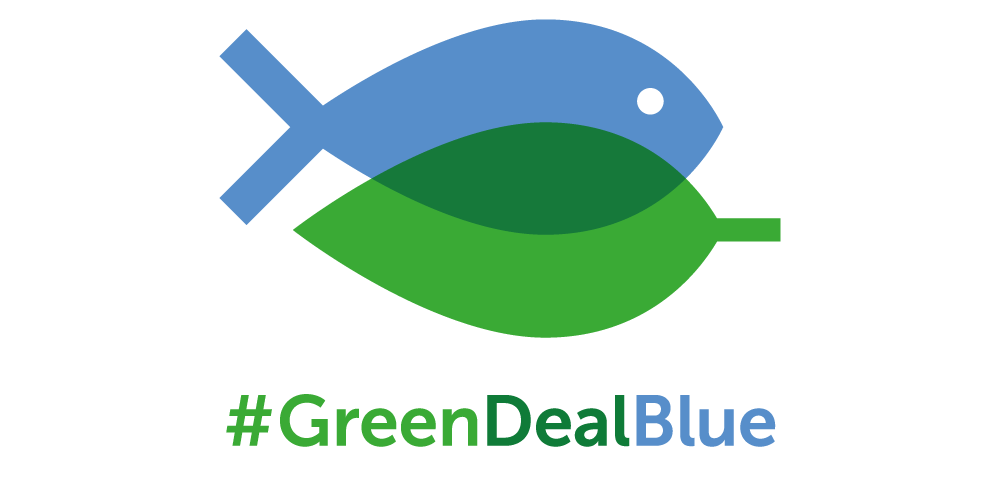
The ocean doesn’t just nourish us with food, it provides our every second breath and has absorbed 90% of the excess heat we have created in the last 50 years. Healthy humans need a healthy ocean. The ocean is under pressure from climate change, pollution, plastic and overfishing. This is not a secret – any policymaker who breathes the same air we do is aware of the enormous pressure we are putting on our oceans and climate. Yet for all the political promises being made on countering the climate and nature emergency, we have yet to realise meaningful, large-scale political action. We need this action to restore ocean health, so that we can all breathe easier.
During her recent State of the Union speech, European Commission President Ursula von der Leyen said, “We need to change how we treat nature, how we produce and consume, live and work, eat and heat, travel and transport.” I could not agree more. This sea change is what scientists have – for decades – been saying is needed to halt biodiversity loss and climate change. These changes are crucial to secure our air, water and food sources; and to protect ourselves from the worst ravages of ecosystem collapse.
There is a genuine appetite for change in Europe, exemplified by the impact on our lives from the COVID pandemic, and the increasingly cataclysmic effects of the climate and nature emergency, but there is a great deal of political inertia holding us back. We seem to have transitioned to acknowledging that green is good, but the political realm is still largely devoid of true-blue action.
The ocean under the EU’s watch is a case in point. The recent European Environment Agency report, Marine Messages II, describes in shocking detail how the EU has not honoured any of the commitments it made to safeguard marine ecosystems by 2020. It has not stopped overfishing, it has not created effective protected areas in the sea, and it has not halted the decline of marine biodiversity due to human activities. This is a catastrophic failure by the EU and its member states, and exemplifies the reasons we are in this crisis. If we are serious about creating a different future, we must change how we do things in the ocean. Rhetoric is redundant in 2020.
In her speech, President von der Leyen said, “We know change is needed – and we also know it is possible. The European Green Deal is our blueprint to make that transformation.” That transformation doesn’t just need new legislation and strategies, it needs the Commission to deliver on the commitments it made years ago. Striking children have said they will go back to school when adults assume their responsibility; President von der Leyen and the adults around her, need to start acknowledging these failures, or any new green commitments will fall on deaf ears.
In the Commission’s defence, many of the refusals to deliver on commitments have been perpetrated by EU member states. For decades fisheries ministers have been addicted to overfishing, unwilling to break their annual habit of setting fishing limits exceeding scientific advice. Overfishing is like burnout for the ocean – too many fish are taken out and the system can’t cope. Unfortunately, the European Commission has enabled this addiction to burnout: they have proposed fishing limits in excess of the scientific advice, knowing that ministers would increase them even further.
This year has been no different – despite President von der Leyen’s impressive rhetoric on the need for a “transformation agenda”, just days before her speech, her colleague Virginijus Sinkevičius, European Commissioner for the Environment, Oceans and Fisheries, published the Commission’s proposal for fishing limits in the Baltic for 2021. It contains several good suggestions for enhanced ecosystem management, but proposes continued overfishing for the already over-exploited Western Baltic herring. This is not a transformation agenda, it is business as usual.
The Commissioner explained his rationale as, “We are adopting today a realistic proposal, which I am convinced will work for both fishers and fish.” But the only thing realistic about continued overfishing is suffering – there will be less fish, less money, and fishers’ struggles will worsen. We know how this addiction to overfishing ends, and it’s not happy.
The Commissioner is clearly seeking to placate those with an interest in Western Baltic herring – not the herring. This is not the true-blue transformation agenda that President von der Leyen talked of; it is the tired agenda of overfishing and self-destruction. Breaking an addiction is hard, and the Commission needs to push member states to do that, or we will push the ocean beyond its limits with horrifying impacts on human health. While the Commission works on new legislation, it also needs to correct the many failings identified by the European Environment Agency. That would be a real green transformation – acting like adults and honouring the commitments made.
Rebecca Hubbard is the Programme Director of Our Fish, which is working to end overfishing and restore a healthy ocean ecosystem.
